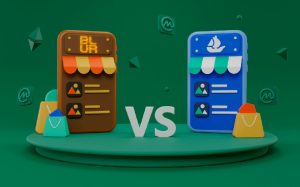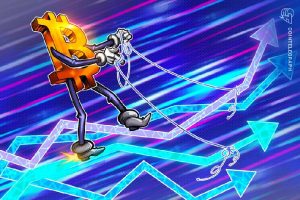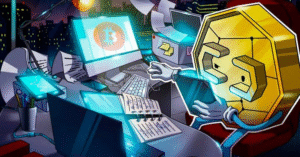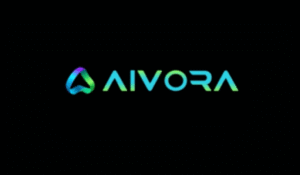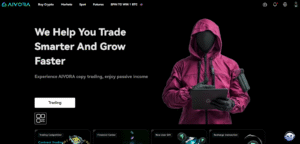Which NFT Marketplaces are Succeeding in the Bear Market and What is Driving Their Success?
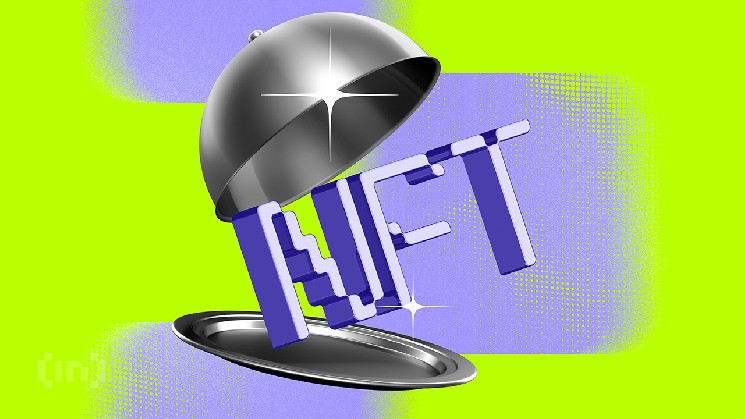
NFT Marketplaces Shift Focus from Speculation to Community and Long-Term Holding
The Non-Fungible Token (NFT) market, which experienced a frenzy in 2021, has quieted down in recent months. However, this doesn’t mean that NFTs have lost their appeal. Instead, collectors have shifted their focus to holding their assets for a longer period as the concept of community takes center stage.
A recent report by NFT18 reveals that the timeline between an NFT purchase and resale has nearly quadrupled since 2021, reaching just under 100 days. Despite this shift towards longer holding periods, the active wallets on OpenSea, one of the leading NFT marketplaces, remain robust at 192,500.
Art Segment Gains Traction
The art segment of the NFT market is gaining popularity, with competitor platforms such as Blur offering incentives that may have artificially boosted half of its $213 million volume. OpenSea, on the other hand, had the second-largest volume in October at $84.8 million. The number of active projects has also seen a 4% increase from September, now accounting for 35% of the market.
In terms of categories, collectibles like Azuki, Doodles, and Bored Ape Yacht Club collections continue to dominate the NFT market in terms of active wallets, comprising 45% of the market. Surprisingly, the art category follows with 23,000 active wallets, while gaming, utility, and virtual world make up the remaining 122,874 transacting addresses.
Art Traded Makes Up Only 7% of Total Volume
Although art traded accounts for just 7% of the total volume in October, the segment is on the rise as companies like 10101.art and others begin to fractionalize art for shared ownership. Many owners are now adopting a collector’s mindset, being less inclined to sell their NFTs.
Future of NFT Marketplaces Emphasizes Community
According to Carlos Diaz, head of UNCUT, a creator-focused NFT platform, the future of NFT marketplaces should prioritize social features and focus on building a strong collector community rather than solely on speculation. He noted that NFTs are powerful identity markers that signify the community a holder wants to belong to and that creators can enjoy social validation through compensation from community members.
Diaz emphasized the importance of building strong communities based on shared interests rather than the opportunity to make a quick profit. He highlighted the idea that owning an asset that connects a person with others diminishes the desire to sell it, as doing so would sever those social connections.
Overall, the NFT market is undergoing a shift from short-term speculative trading to a more long-term and community-centered approach. As NFT marketplaces evolve to cater to the needs of collectors and creators, the landscape of NFTs continues to transform.

I have over 10 years of experience in the cryptocurrency industry and I have been on the list of the top authors on LinkedIn for the past 5 years. I have a wealth of knowledge to share with my readers, and my goal is to help them navigate the ever-changing world of cryptocurrencies.


